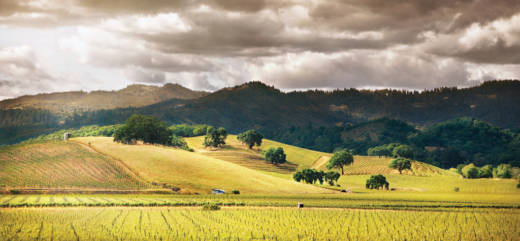All week, the United States and China have been going back forth, threatening to impose tariffs on each other’s goods. Friday morning, the trade war escalated once again, with China saying it was ready to strike back “forcefully” at the new U.S. tariffs.
Among the products that could feel the burn of a 25 percent tax in China are California exports, including fruits and wine. It’s just a proposal at this point, but already it’s shaking up the market.
“We have been working very hard and growing our presence and educating people on wine and Napa Valley and our brand for over ten years now,” said Stephanie Honig, who is in charge of international sales at Honig Wines in Napa Valley. “We go about once a year and work with our importer and try to get the brand visible in the Chinese market.”
Honig Wines markets a premium Cabernet Sauvignon. The Chinese clientele they go after are what they call “aspirational buyers,” someone who, as Honig described, flies coach but is looking to fly business class. Or drives a BMW but is looking to trade up to a Rolls-Royce.
“Someone who steps out and says, ‘Okay, I want to buy a nice bottle of wine, but it’s not nothing. I’m spending money on it,'” Honig said.

